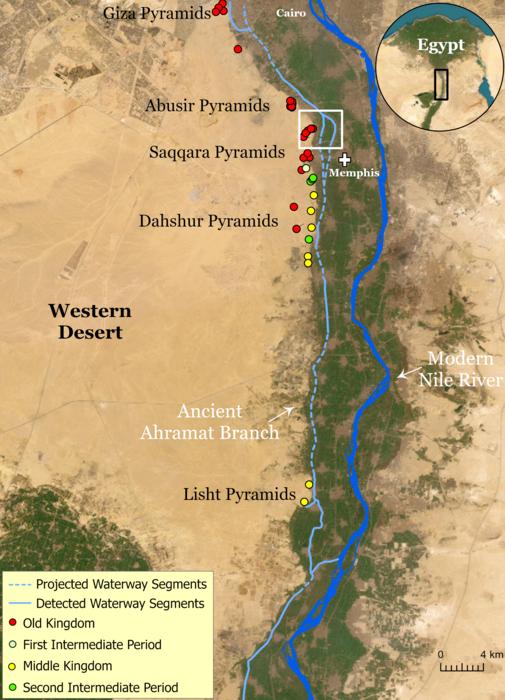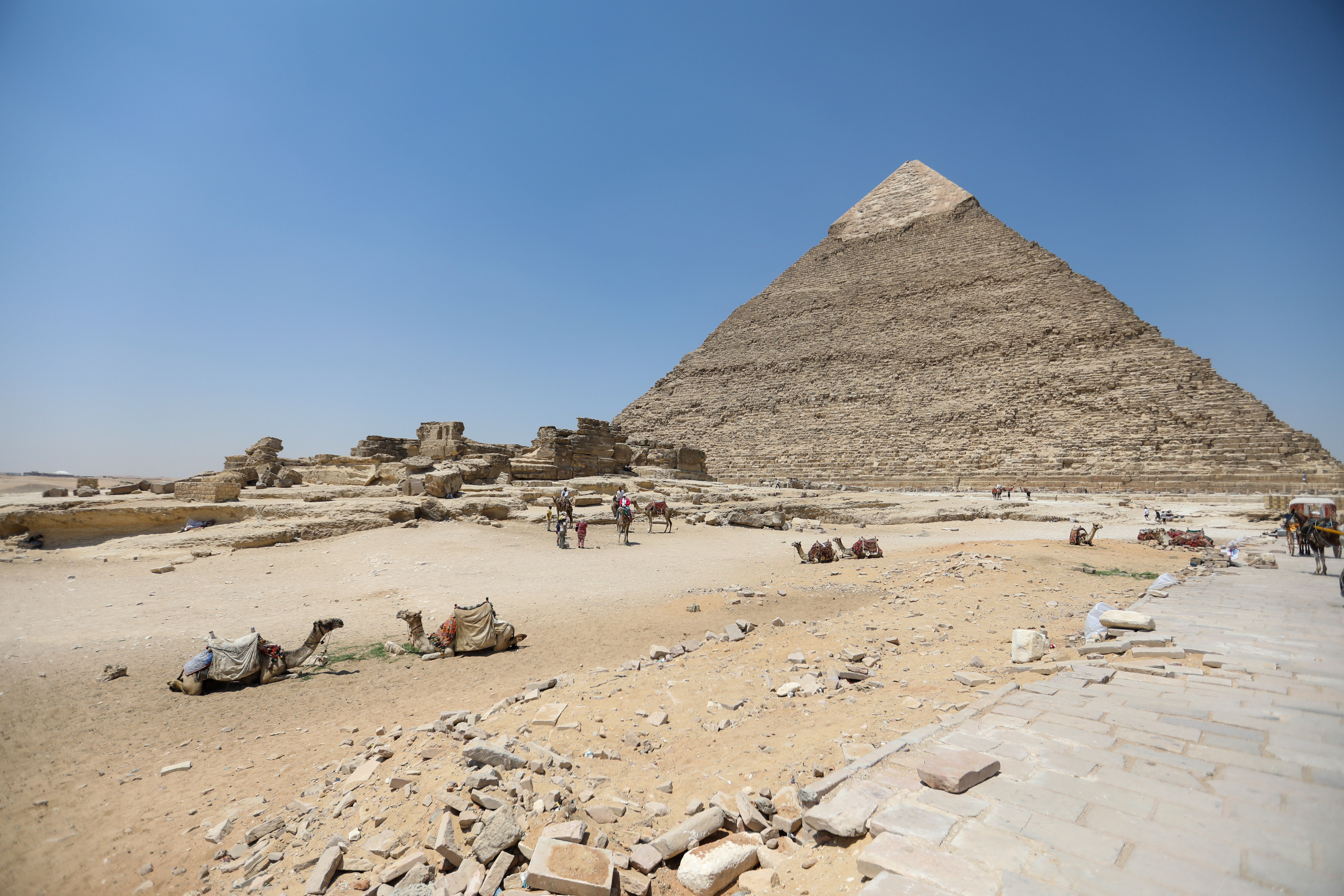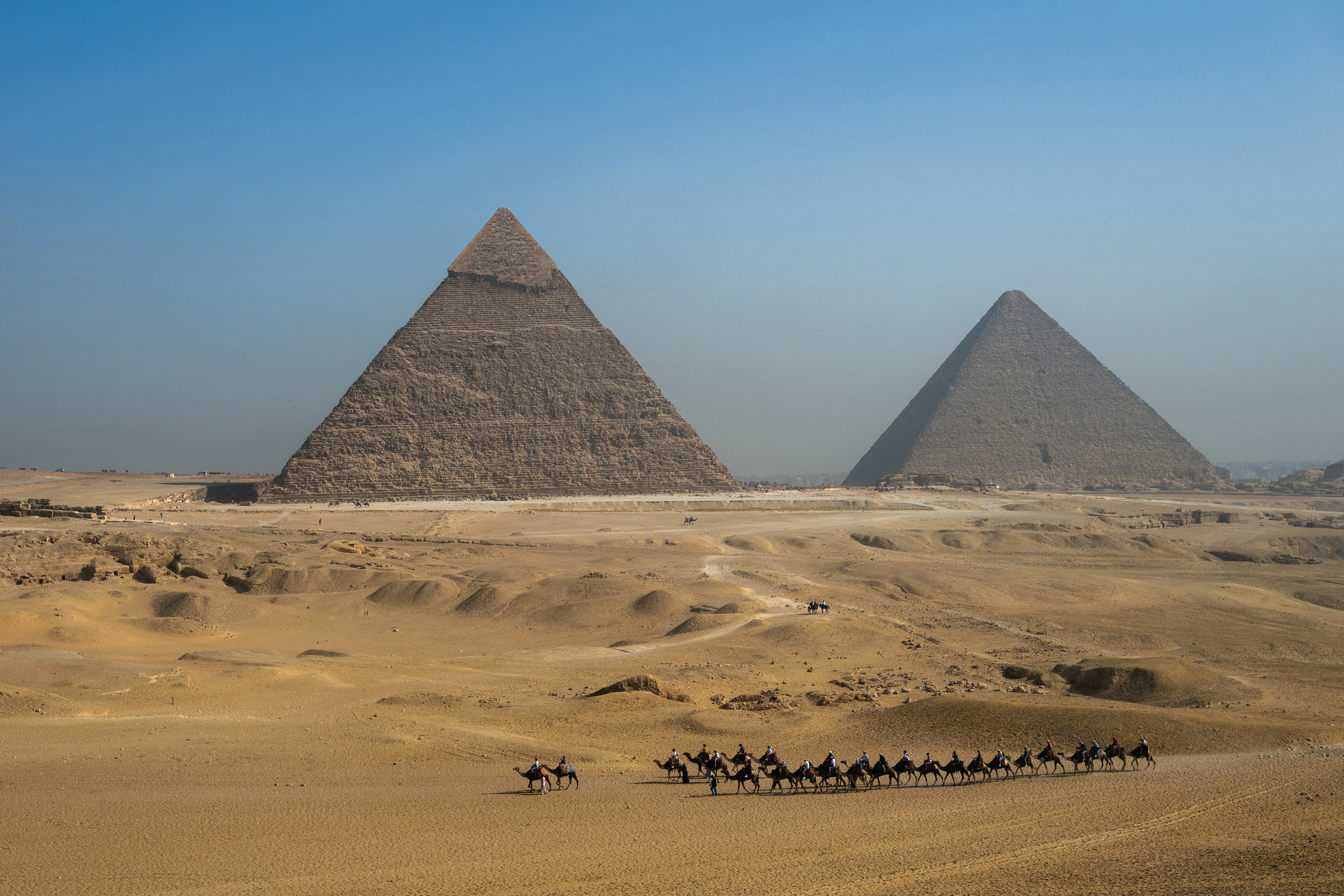Life for labourers who built Egypt pyramids was even harder than previously thought, study suggests
Workers were exposed to surprisingly high levels of heavy metals such as copper and arsenic, which can cause vomiting, diarrhea and nausea
Your support helps us to tell the story
From reproductive rights to climate change to Big Tech, The Independent is on the ground when the story is developing. Whether it's investigating the financials of Elon Musk's pro-Trump PAC or producing our latest documentary, 'The A Word', which shines a light on the American women fighting for reproductive rights, we know how important it is to parse out the facts from the messaging.
At such a critical moment in US history, we need reporters on the ground. Your donation allows us to keep sending journalists to speak to both sides of the story.
The Independent is trusted by Americans across the entire political spectrum. And unlike many other quality news outlets, we choose not to lock Americans out of our reporting and analysis with paywalls. We believe quality journalism should be available to everyone, paid for by those who can afford it.
Your support makes all the difference.Ancient Egyptian labourers who built the pyramids in Giza were likely poisoned by exposure to high levels of copper, marking what could be the earliest example of metal contamination, archaeologists say.
A new analysis of soil samples from the Giza plateau reveals copper and arsenic contamination dating back over 5,000 years from using metal tools, especially those used to build the pyramid complex.
The study, published in the journal Geology, assessed a sediment core drilled at the foot of the pyramids near the ancient Khufu Harbor, close to the Nile River.
Archaeologists suspect this now-disappeared arm of the river made it possible to transport building materials used in constructing the pyramids over 5,000 years ago.

A massive workforce of about 7,000 to 20,000 people, including scribes, masons, metal workers, carpenters, and foremen, worked on-site to complete the pyramid-building project, according to the new study.
Research hints that the copper tools used by labourers were alloyed with arsenic to strengthen the blades, chisels, and drills.
They say the harbour played a key role in transporting materials for the construction of the necropolis, and was also the site of a major copper toolmaking industry.
The findings trace the origins of metal contamination at the site to around 3265 BC, much earlier than initially anticipated.

Metal contamination appears to have peaked 750 years later around 2500 BC when pyramid construction was in late stages, persisting till about 1000 BC.
“We found that significant local contamination occurred during the regnal years of Kings Khufu, Khafre, and Menkaure, consistent with metalworking during the preparation and construction of the edifices,” scientists wrote.
The levels of metal contamination seem to be about five to six times higher than their natural background amounts detected in the environment, researchers say.
The discovery also suggests construction of the pyramid complex in Giza likely began earlier than previously thought, coinciding with a time when Nile levels began to drop.

Even as the Nile River receded and the Khufu Harbor shrank further, metalworking seems to have continued.
Copper contamination remained high even during a period of civil unrest around 2200 BC when the Nile reached its lowest level, hinting that the workforce was resilient.
While copper in limited quantities is essential for human life, exposure to higher levels as discovered at the site may have caused adverse effects on both humans and wildlife such as vomiting, diarrhea, and nausea.
It remains unclear if ancient Egyptians faced these symptoms due to metal contamination or how they coped.
“While the pyramid complex led to the creation of an outstanding cultural legacy for humanity, it also marked the onset of significant human-caused metal contamination at Giza,” researchers concluded.

Join our commenting forum
Join thought-provoking conversations, follow other Independent readers and see their replies
Comments